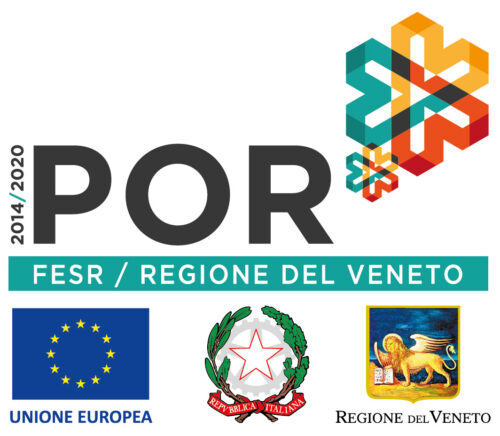Curiosity / Organic World / Sustainability
V is for Vegan wines
Not only vegan food but also vegan wines for a more sustainable diet.
Perhaps not everyone knows that 1st November is the World Vegan Day. This world day was created in 1994 in England by the activist Wallis Louise who, looking for a place to celebrate the 50th anniversary of the Vegan Society, became aware not only of the persistence of this food trend but also of how the term ‘Vegan’ had now entered the common vocabulary.
Today in Italy the percentage of vegans is around 2.3%, while the most virtuous nations are United Kingdom and its capital London for the number of vegan restaurants and then Netherlands and its capital Amsterdam, that has always been an example for environmental sustainability.
Outside Europe, Asia is the continent with the largest number of vegans (9%) and vegetarians (19%), reaching almost 30% of the population with a mainly plant-based diet.

How is the world of wine categorised when we talk about vegan?
While generally assumed to be the result of simple pressing of grapes, the wine can’t be automatically categorised as vegan. The world of wine falls into three main categories:
– conventional production
– vegan friendly production
– fully vegan production
Conventional wine-making refers to the use of substances of animal origin in cultivation and production. The term ‘vegan friendly’, on the other hand, is used when, in at least one stage, the ban on the use of products of animal origin has not been fully complied with. Finally, we speak about vegan wines when, in all production phases, from the vineyard to the cellar, no products of animal origin are used.
Can we therefore say that not all wines are vegan?
Exactly! The raw materials are obviously of vegetable origin but what makes a wine vegan is the fact that it is made without the use of products or derivatives of animal origin. Starting with the choice of vegetable compost in the vineyard, we then continue in the cellar where for clarification (the process that makes a wine crystal clear) instead of using isinglass, caseins or albumins, we use proteins of vegetable origin, extracted from the fermentation yeasts themselves or from certain legumes.
What was Perlage choice?
Always pioneers of sustainability and open to new trends, Perlage team started producing vegan wines already in 2012 with the creation of Sgajo Prosecco DOC Extra Dry (the first vegan prosecco in the world), thus becoming the first winery in the world to make a Prosecco DOC that is both organic and vegan. On the wave of success, since 2016 we have applied this approach to our entire production. Today, all our products are organic and vegan.
Explore our website and discover which of Perlage wines goes well with your vegan recipes!




